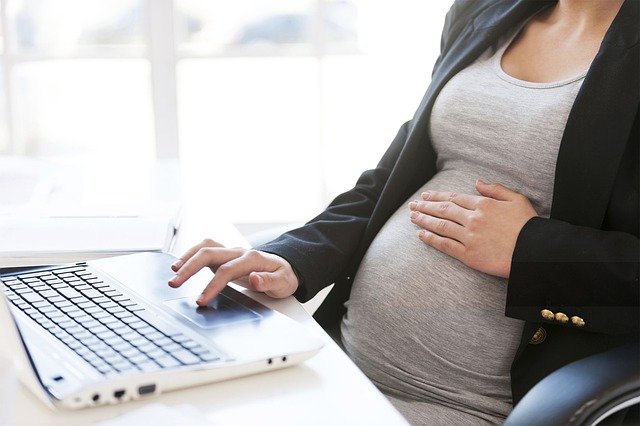A female produces plenty of eggs throughout her reproductive age. But a dramatic decline in egg production is noticed with the increasing age of a woman’s life-cycle. However, the mathematical calculation can show the number of eggs does not very little, but the concerning factors are poor quality of eggs, age of eggs, chromosomal abnormality, and ability to create a healthy fetus. The declining egg quality is an inevitable incidence with increasing age. Only 20% are genetically normal after 40 years of age.
Therefore, doctors usually limit the age for egg preservation, as with increasing age a female produces a smaller number of eggs and among them, very few eggs are chromosomally normal. Therefore, usually eggs preserved at a later stage of life may not be successfully fertilized to produce a healthy baby.
Currently, medical advancement has an extended fertility approach. Nowadays, women can freeze the eggs in their late 30’s and early 40s in certain clinical facilities available in western countries. The clinical expRemove term: surrogacy and egg preservation surrogacy and eert team suggested freezing a large number of eggs and understand the possibility of success of late-aged egg freezing for achieving a successful result of egg freezing after 35 years of age.
It can be clearer if we say that a woman freezes 24 eggs at 37 years of her age gives 80% scope to enjoy her motherhood. But freezing 12 eggs before 35 years of age gives equal scope to get a successful pregnancy. Therefore, it is always suggested that women who have a plan to freeze their eggs should do it before 35 years of age to obtain the most effective result.
How many eggs need to freeze?
Experts suggested that women under 30 years need to freeze a minimum of 12 eggs. The calculation is based on one egg ovulation per month which gives the single possibility to get pregnant every month. Therefore, 12 eggs represent fertility scope per year. However, this limit is increased to 12- 24 eggs freezing for women within the age range of 31-35 years. Whereas, 24 or more is suggested for women after 35 years of age. Therefore, elderly patients require to undergo more cycles and medication to freeze their eggs compared with younger women. Therefore, currently no age bar for egg freezing, but to obtain a successful result it is always preferable to perform egg freezing at a younger age.
How do well informed elderly women about the understand the whole process?
Well-documented informed consent is a smart process to provide a thorough understanding of the whole process and the success rate of egg freezing. This process will provide thorough information about the women’s health and that will make sense to decide on their health.
The approach of clinical team during the informed consenting process will discuss every possibility and limitation depending upon the patient’s age, so that women at their any age may be 22 or 42 they can evaluate the range effectiveness and success rate of the treatment at their age, which will help them in their decision making.
On the other hand, a combination of egg freezing and surrogacy helps elderly couples to enjoy their parenthood. With increasing age, female reproductive physiology is unable to carry the pregnancy. In such cases, the gestational carrier can help to carry the pregnancy on behalf of the biological mother. In 2017, one elderly Indian couple takes help from a surrogate to give their child birth and they had their twin babies at the age of 58 years.

Ravi Sharma is a self-motivated, successful entrepreneur and has a solid experience in the fertility segment. and he is the director at ARTbaby Global (ARThealthcare). He is a pharmacy graduate with post-graduation in business administration and has 14 years of rich experience in the field of infertility segment. He loves to write about IVF, Surrogacy, and other ART (assisted reproductive technology) news, issues, and updates. He is a Pharmacy graduate (B. Pharm) and M.B.A (marketing).
His most recent success includes the successful launch of the medical tourism company, ARTbaby, which offers treatment options for infertility, egg donation, and surrogacy. He likes spending time with his family and writing about various aspects of IVF surrogacy and donating eggs.

